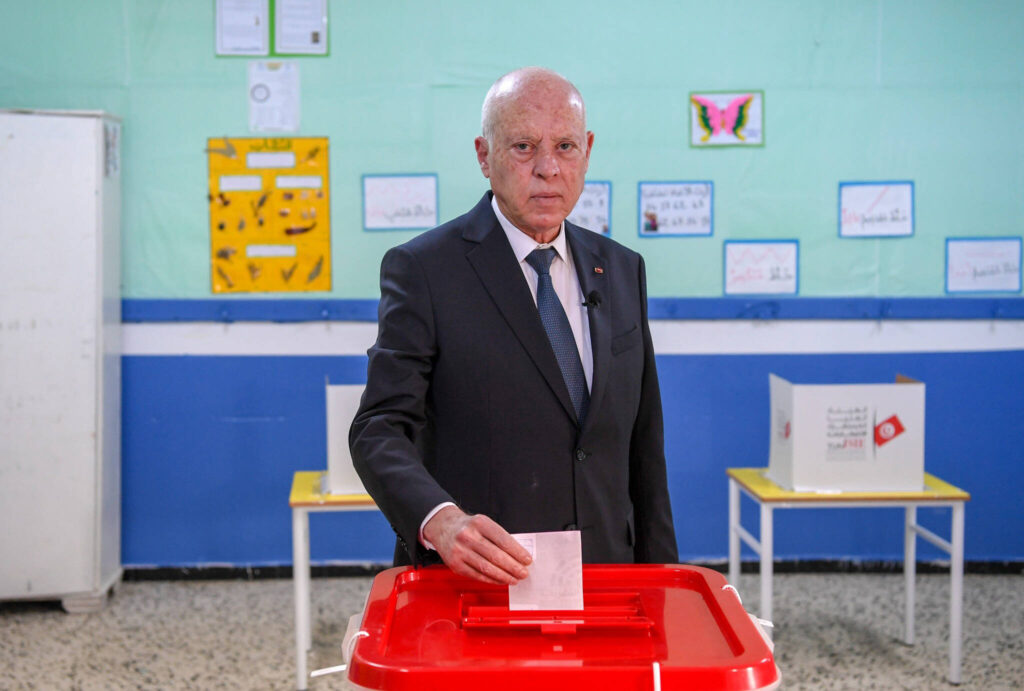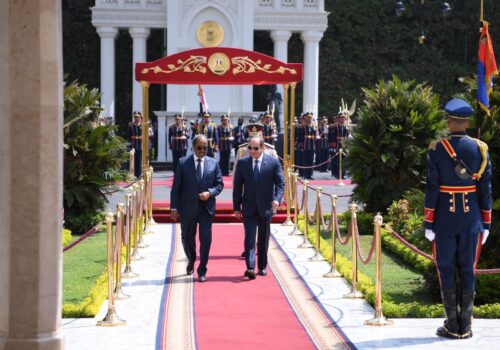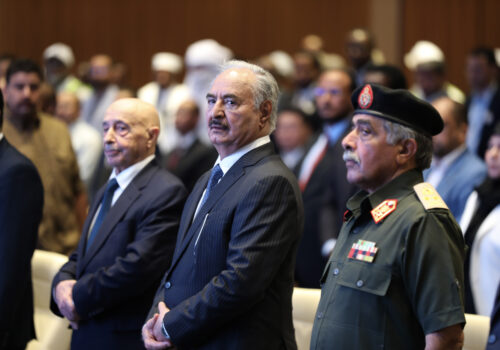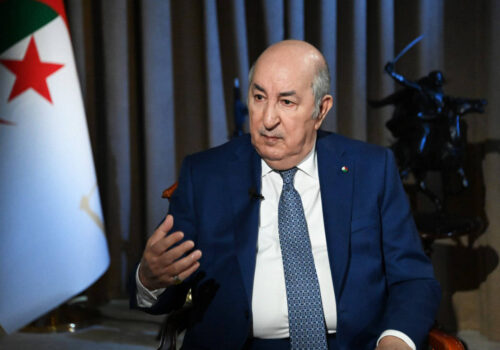As Tunisia approaches its election on October 6, the political landscape remains heavily influenced by the events of the past few years, particularly the 2021 presidential soft coup carried out by the legally elected President Kais Saied. This event marked a turning point, reshaping the country’s democratic framework and leading to the suspension of the parliament and the concentration of authority in the executive branch.
Since his consolidation of power, Saied has dismantled many democratic institutions, extending the state of emergency and adopting a new constitution that centralizes power around the presidency. As a result, political pluralism has been significantly restricted, leading to fears of increased political repression and tighter control over the media. This shift has raised concerns about the erosion of democratic institutions established following the 2011 Arab uprisings, of which Tunisia constituted the only real attempt to reach a pluralistic and liberal government in North Africa.
Saied’s presidency, marked by an increasing hold on power and skepticism toward reform, poses critical questions about the future of Tunisia.
The current political climate indicates that Saied will likely continue to consolidate his influence over Tunisia’s political landscape. The president’s track record of suppressing dissent, restricting media freedom, and sidelining political opponents suggests that these authoritarian measures will likely persist in the months and years ahead. Recent changes to the electoral process have further tightened his grip on power, with several key presidential candidates imprisoned or barred from participating in the elections. This has effectively cleared the field for Saied, raising concerns about the integrity of the electoral process and the future of political pluralism in Tunisia. The increasingly restricted political environment, combined with these legal and procedural maneuvers, points to a continued erosion of democratic norms under his rule.
In addition to the dire political evolution of the country is its deteriorating economic situation. Tunisia’s economy is precarious, since it is heavily reliant on agreements with the European Union (EU) and even more so with the International Monetary Fund (IMF) to sustain its political and economic viability. The EU is a key economic partner, pledging over $900 million in funding contingent upon successful negotiations with the IMF, which are stalled due to the Tunisian government’s withdrawal from negotiations. In fact, Saied’s skepticism toward certain reforms, particularly those involving subsidy reductions and austerity measures, has complicated these negotiations. This hesitance has created uncertainty about Tunisia’s economic future and the government’s ability to address growing public discontent, underscoring a perilous state of affairs with unforeseeable consequences for the whole region.
Furthermore, migration has become a critical issue in Tunisia’s relations with the EU. In response to rising irregular migration from North Africa, the EU has sought to bolster border control and manage migrant flows through partnerships with Tunisia. While Saied has occasionally cooperated with EU initiatives, he has also adopted more nationalistic rhetoric, accusing foreign powers of seeking to use Tunisia as a border guard for Europe. This dual approach complicates negotiations and poses risks not only to the agreements on migration with the EU, but also to the more general economic well-being of the country.
Moreover, the outcome of the upcoming US presidential elections could also significantly affect Tunisia and North Africa. Former President Donald Trump has advocated for an isolationist foreign policy, and if he wins it could lead to the United States reducing economic and political assistance to Tunisia while maintaining military aid for monitoring the situation in the region. In contrast, Vice President Kamala Harris, given her past positions in areas such as rallying international support for Iranian women following Mahsa Amini’s death, may adopt a more proactive stance on human rights and governance, possibly increasing scrutiny on Saied’s administration while still recognizing the importance of military support given the region’s challenges. In this case, the risk of Tunisia radicalizing would increase, with Saied veering toward further authoritarianism and even aligning with countries such as Algeria and possibly Russia and China.
As Tunisia heads toward its election, the intertwining of domestic politics, economic struggles, and international relations sets the stage for a complex political environment. Saied’s presidency, marked by an increasing hold on power and skepticism toward reform, poses critical questions about the future of Tunisia.
The situation makes it difficult for the international community to take decisive action. For the United States, due to geographical distance and a lack of direct national interest in Tunisia, it may be easier for the administration to adopt a tougher stance on the political establishment and push for a return to the democratic process. However, for Europe, the situation is more complex. The EU must maintain a strategic balance between addressing its own challenges—such as migration, terrorism, and regional stability—and upholding the democratic ideals that the Tunisian people championed during the 2011 Jasmine Revolution. Balancing these interests while engaging with Tunisia’s current political realities will be a delicate task.
Karim Mezran is director of the North Africa Initiative and resident senior fellow with the Rafik Hariri Center and Middle East Programs at the Atlantic Council.
Alissa Pavia is the associate director of the Atlantic Council’s North Africa Initiative.
Further reading
Thu, Sep 19, 2024
Egypt is cozying up to Somalia to thwart Ethiopia
MENASource By Shahira Amin
Tensions between Egypt and Ethiopia have escalated after Cairo forged closer ties with Addis Ababa's rival, Somalia.
Fri, Sep 20, 2024
The end of Libya’s false stability period
MENASource By Karim Mezran
The international community must act rapidly and effectively to prevent an all-out war between the various Libyan militias and their foreign backers.
Thu, Sep 5, 2024
Algeria’s upcoming election promises continuity, papering over deeper questions
New Atlanticist By Andrew G. Farrand
President Abdelmadjid Tebboune is widely expected to win a second term on September 7, but a low voter turnout could signal deeper issues for the government.
Image: President Kais Saied casting his ballot at a polling station in the Ennasr district near Tunis President Kais Saied casting his ballot at a polling station in the Ennasr district near Tunis on December 17, 2022, during the parliamentary election.




